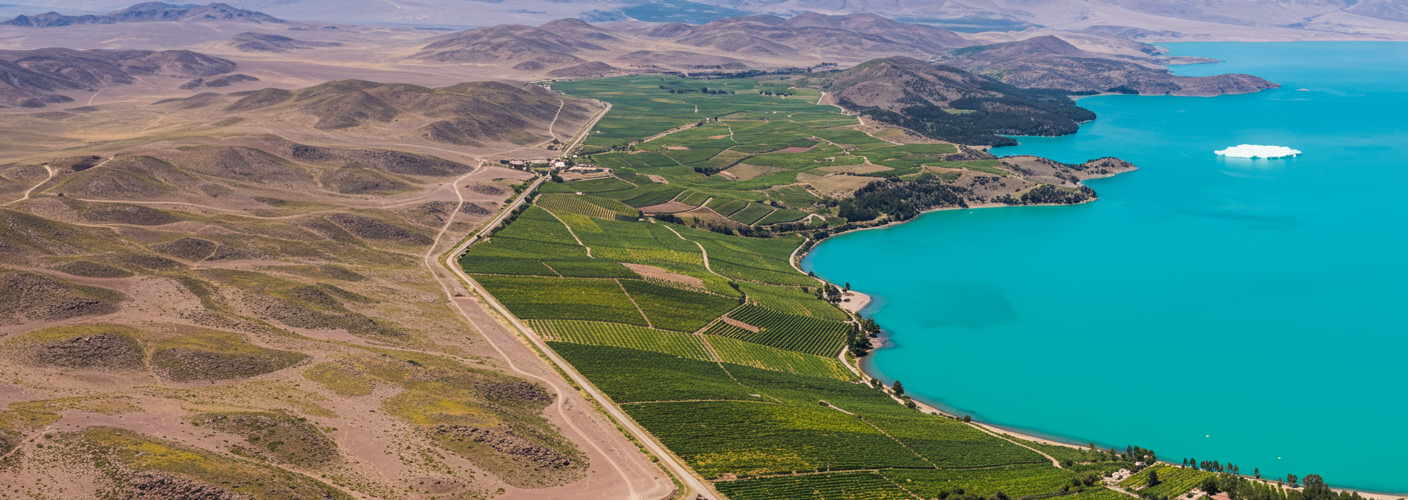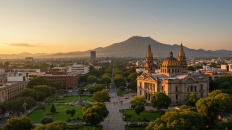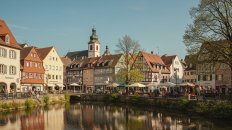Santiago
In the vibrant culinary landscape of Santiago, few names resonate with as much respect and admiration as Rodolfo Guzmán. Over nearly two decades, since the establishment of Boragó in 2006, he has redefined the dining experience in Chile, marrying indigenous culture with innovative culinary techniques. Guzmán’s journey from a curious apprentice to a master chef has been anything but ordinary. He honed his craft by traveling across Europe and Chile, absorbing diverse cooking techniques and experimenting with flavors before returning to his homeland. It is here in Santiago that he has created a sanctuary devoted to uncovering and celebrating native Chilean produce.
At Boragó, the dining experience is not just about food; it is an immersive journey through the diverse landscapes of Chile. The restaurant’s menu, aptly titled Endémica, is a tribute to the richness of the country’s regions. The dishes, creatively executed with Guzmán’s characteristic flair, present a unique narrative that guides diners through Chile’s geographical tapestry. For example, one can expect a dish featuring mussels paired with fava beans and unripe peaches, or a stunning onion and pink tomato tarte tatin. The highlighted venison dish, featuring Patagonian lamb with fig leaf and Maule pink tomato, perfectly encapsulates the culinary ethos of Boragó, where flavor meets identity and tradition.
Integral to Guzmán’s culinary philosophy is a profound respect for Mapuche culture. The indigenous people of Southern Chile and Argentina inform much of his work, as he seeks to incorporate native ingredients into his dishes. Guzmán collaborates with over 200 local producers and foraging communities across Chile, ensuring that only the freshest and most seasonal ingredients are brought to the plate. This dedication creates a dynamic and changing menu that reflects the current bounty of the land, allowing diners to engage with the very essence of Chilean terroir. Ingredients vary from coastal delights to mountain herbs and even fruits harvested from the restaurant’s own orchard; each bite tells a story of the land and its people.
Situated in Vitacura, a picturesque suburb at the foot of Cerro Manquehue, Boragó benefits not only from a breathtaking view but also from its proximity to Guzmán’s research center, CIB (Centro de Investigación Boragó). This hub of innovation is dedicated to exploring the untapped potential of Chilean ingredients, effectively merging culinary artistry with scientific inquiry. At CIB, Guzmán and his team conduct research into biodiversity, identifying sustainable practices that can be implemented in the kitchen. This synergy of nature and gastronomy not only reinforces Boragó’s commitment to local ecosystems, but also promotes a greater understanding and appreciation for the ingredients that define Chile.
Sustainability is indeed at the heart of Boragó’s mission. Understanding the fragility of local ecosystems, the team has focused on responsible sourcing and minimized their environmental impact since the restaurant’s inception. Their commitment was acknowledged when Boragó was awarded the inaugural Sustainable Restaurant Award at Latin America’s 50 Best Restaurants in 2018. This recognition celebrates not just gastronomic excellence but a genuine commitment to the planet. In 2021, Boragó went on to secure the same honor at The World’s 50 Best Restaurants, reinforcing its reputation as a beacon of sustainability in the culinary world.
Guzmán’s philosophy extends beyond simply creating exquisite dishes. He views his role as a custodian of the land, channeling the wisdom of generations past into contemporary cuisine. By rediscovering and reinventing indigenous ingredients, he sheds light on a rich culinary heritage that has been overshadowed for far too long. This commitment to cultural preservation and education reflects a broader movement in the culinary arts, where chefs are increasingly drawn to the stories behind the ingredients they use.
Dining at Boragó is an experience that transcends mere sustenance. It is an invitation to connect with the land, the culture, and the community that surrounds it. Diners are not just participants in a meal; they are travelers on a journey through Chile’s varied landscapes. The thoughtfulness and creativity present in each dish prompt conversations and ignite curiosity about the origins of the ingredients and the stories they carry.
In a world where trends in gastronomy often lean towards novelty and excess, Rodolfo Guzmán and Boragó stand as a poignant reminder of the power of local, seasonal produce. They exemplify how food can be a medium for storytelling, a catalyst for environmental stewardship, and a celebration of cultural identity. The future of dining looks promising through the lens of Boragó’s vision—the idea that great cuisine is deeply intertwined with the land, its people, and a sustainable future.
As one steps out of Boragó, with the majestic backdrop of Cerro Manquehue lingering in the memory, it becomes clear that Guzmán’s journey is far from over. He continues to explore, experiment, and innovate, proving that the culinary landscape of Chile is not just rich but also ripe with potential. A visit to Boragó is more than just a meal; it is a profound testament to the artistry of cuisine where every dish encapsulates a love letter to Chile itself.




Add comment